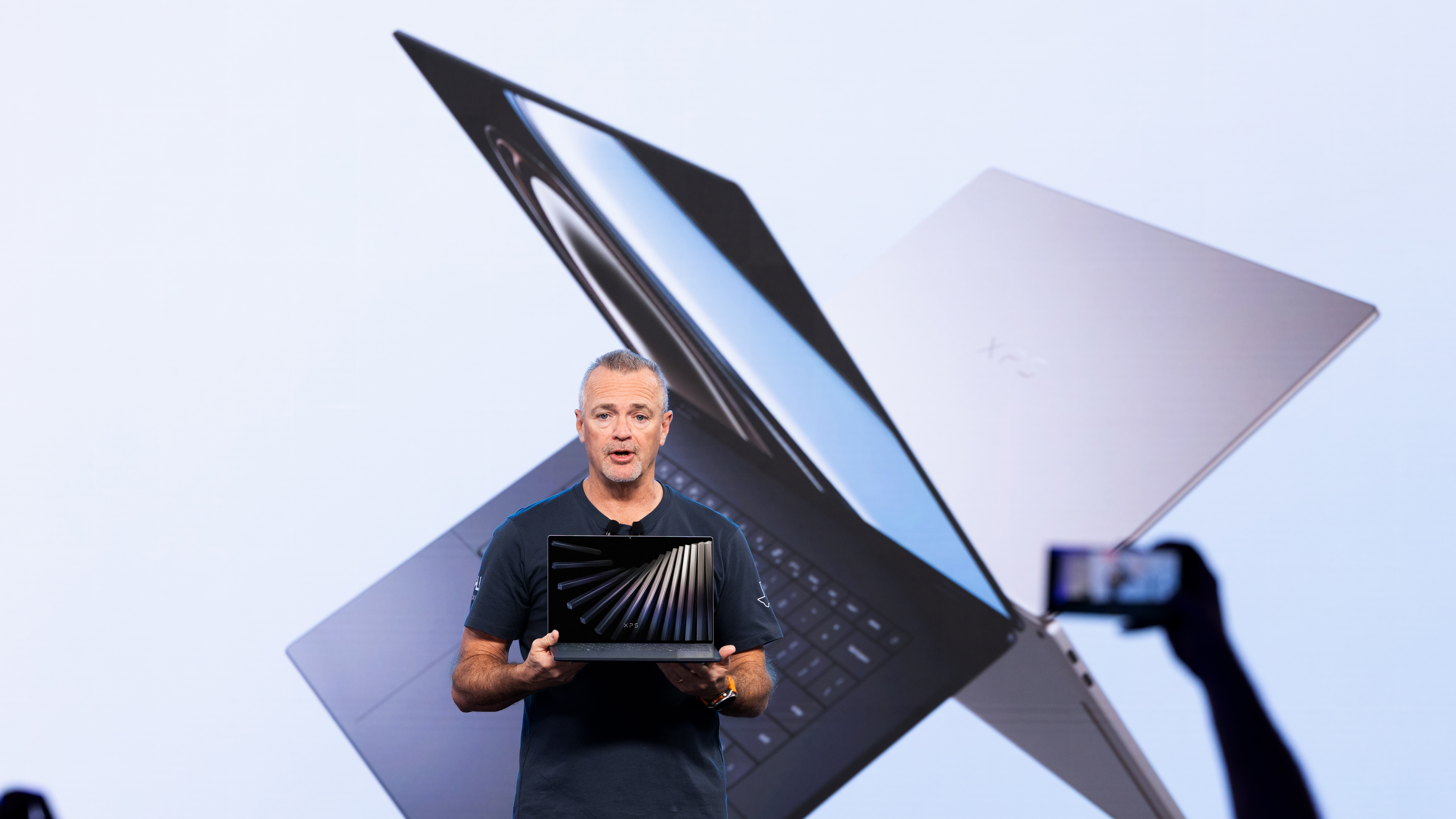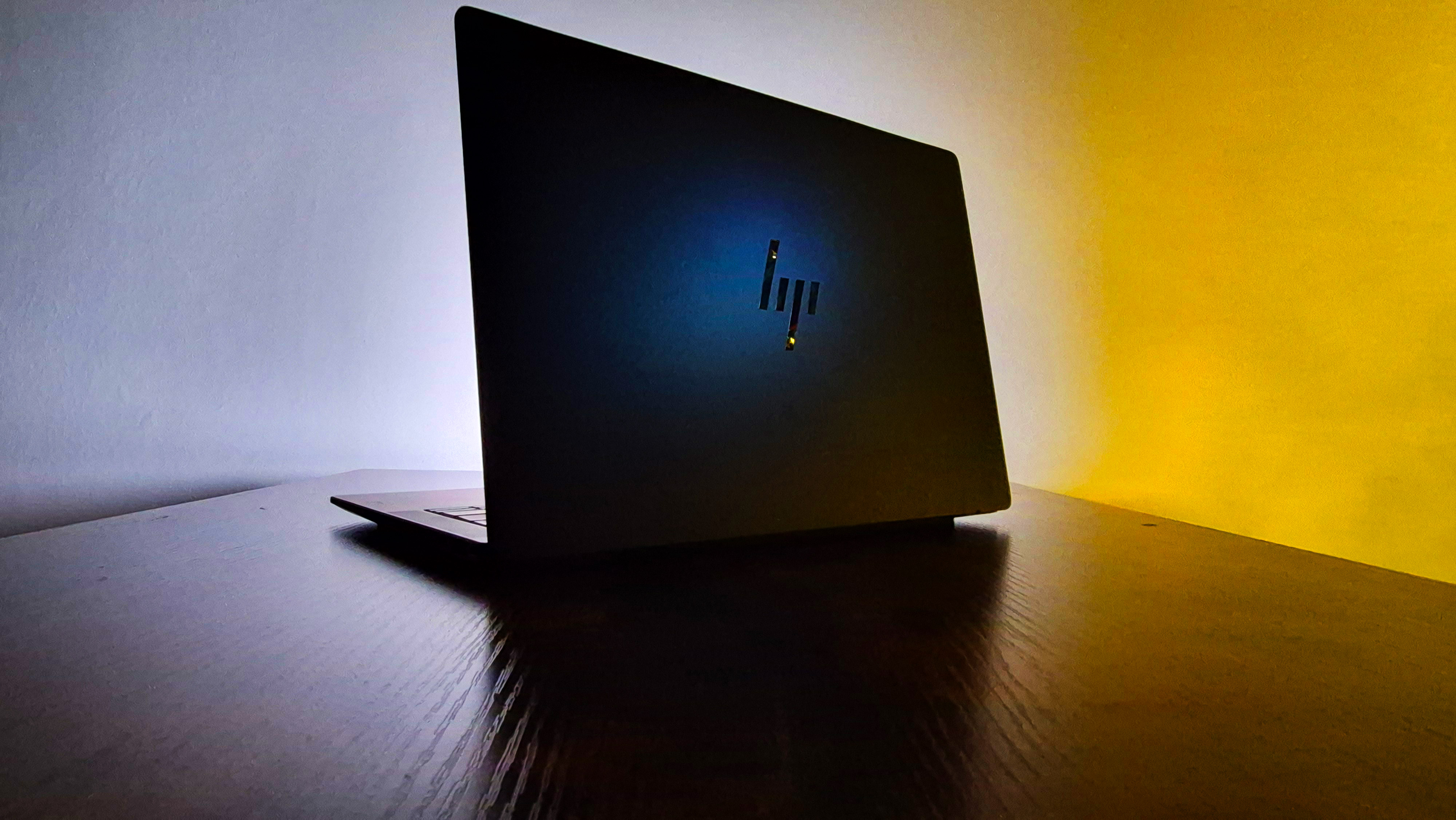Google: 15,000 searches as green as a cheeseburger
It may seem an odd comparison, but Google has claimed 15,000 searches creates as many emissions as a cheeseburger.

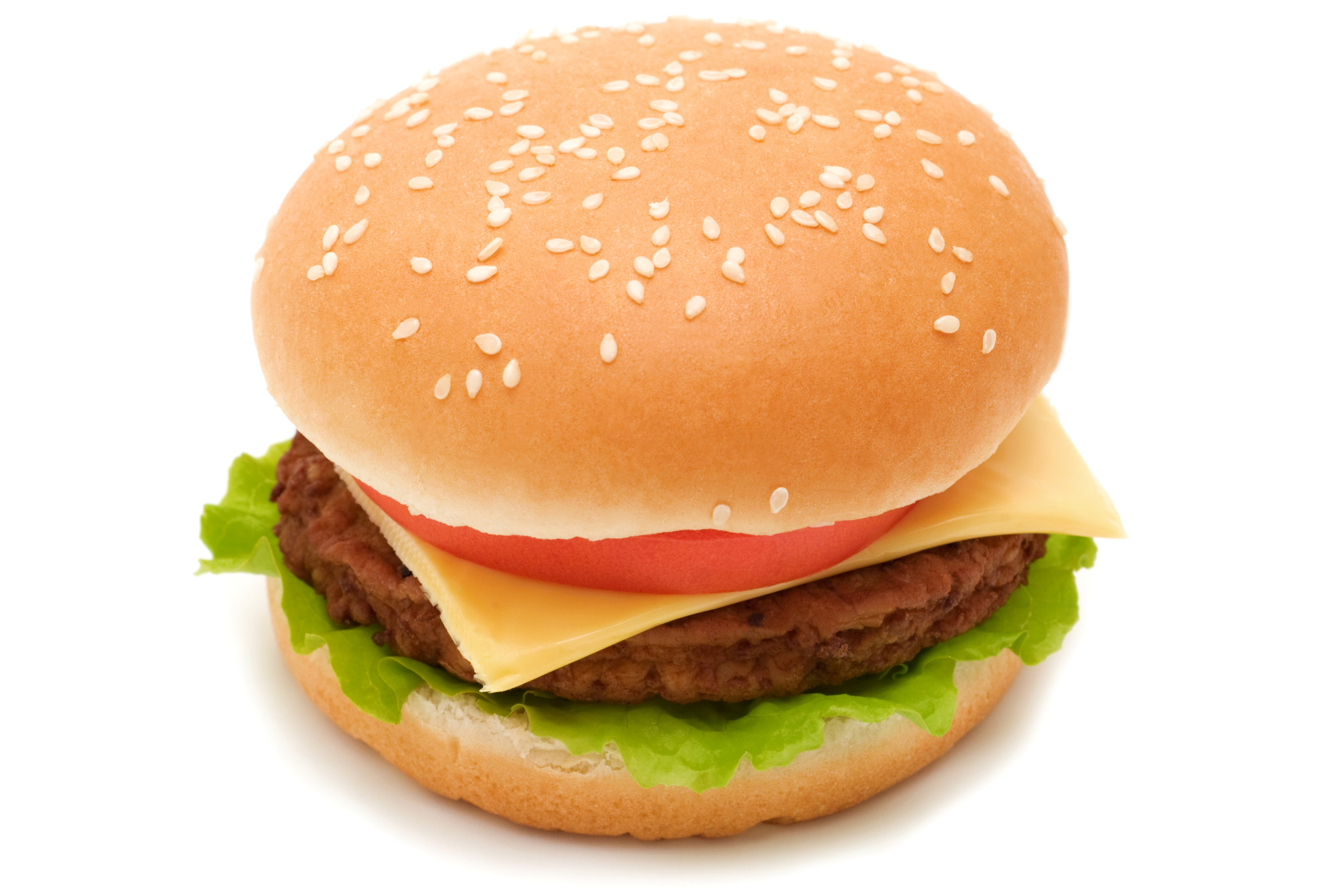
Running 15,000 Google searches unleashes the same amount of carbon emissions on the world as eating a cheeseburger, Google has claimed.
Back in January, a since rubbished report in the Times claimed that every two Google searches creates as much CO2 as boiling a kettle. Even the scientist behind the quoted Harvard study disputed that claim he never mentioned Google in his research but he did find that visiting a website creates 20 milligrams of carbon emissions per second.
Now, Google has followed up with statistics of its own. Urs Hlzle, senior vice president of operations, wrote on Google's blog that an average search creates about 0.2 grams (200 milligrams) of carbon dioxide after using 1kJ of energy.
According to Hlzle, that means 850 searches creates as many emissions as a daily newspaper, while 1,050 queries will buy you a glass of orange juice. Driving five miles in an American car creates as much CO2 as 10,000 searches, while a chesseburger is worth a whopping 15,000 Google searches.
Hlzle claimed Google has cut the energy used in its own data centres by half, claiming the search giant uses half the energy to run its data centres as the rest of the industry.
"This efficiency means that in the time it takes to do a Google search, your own personal computer will likely use more energy than we will use to answer your query," he claimed.
While he warned that increasing use of technoloy and gadgets means more power is needed to run it all, he noted that IT saves energy in other ways. Citing a study by the Climate Group, Hlzle claimed that IT emissions "pay for themselves" by cutting CO2 creation in other areas.
Sign up today and you will receive a free copy of our Future Focus 2025 report - the leading guidance on AI, cybersecurity and other IT challenges as per 700+ senior executives
"After all, it's much more efficient to move electrons than to move atoms," he said. "Virtual tools like email, video-conferencing, and search engines replace more carbon-intensive activities like snail mail, business travel, and driving."
Click here for our top 10 tips for green IT.
Freelance journalist Nicole Kobie first started writing for ITPro in 2007, with bylines in New Scientist, Wired, PC Pro and many more.
Nicole the author of a book about the history of technology, The Long History of the Future.
-
 Addressing cloud security threats by encrypting data in use
Addressing cloud security threats by encrypting data in usewhitepaper How AMD Infinity Guard helps address security threats in the cloud and virtualized environments
-
 Quantitative analysis of a prefabricated vs. traditional data center
Quantitative analysis of a prefabricated vs. traditional data centerWhitepaper Apples to apples cost analysis between data centre types
-
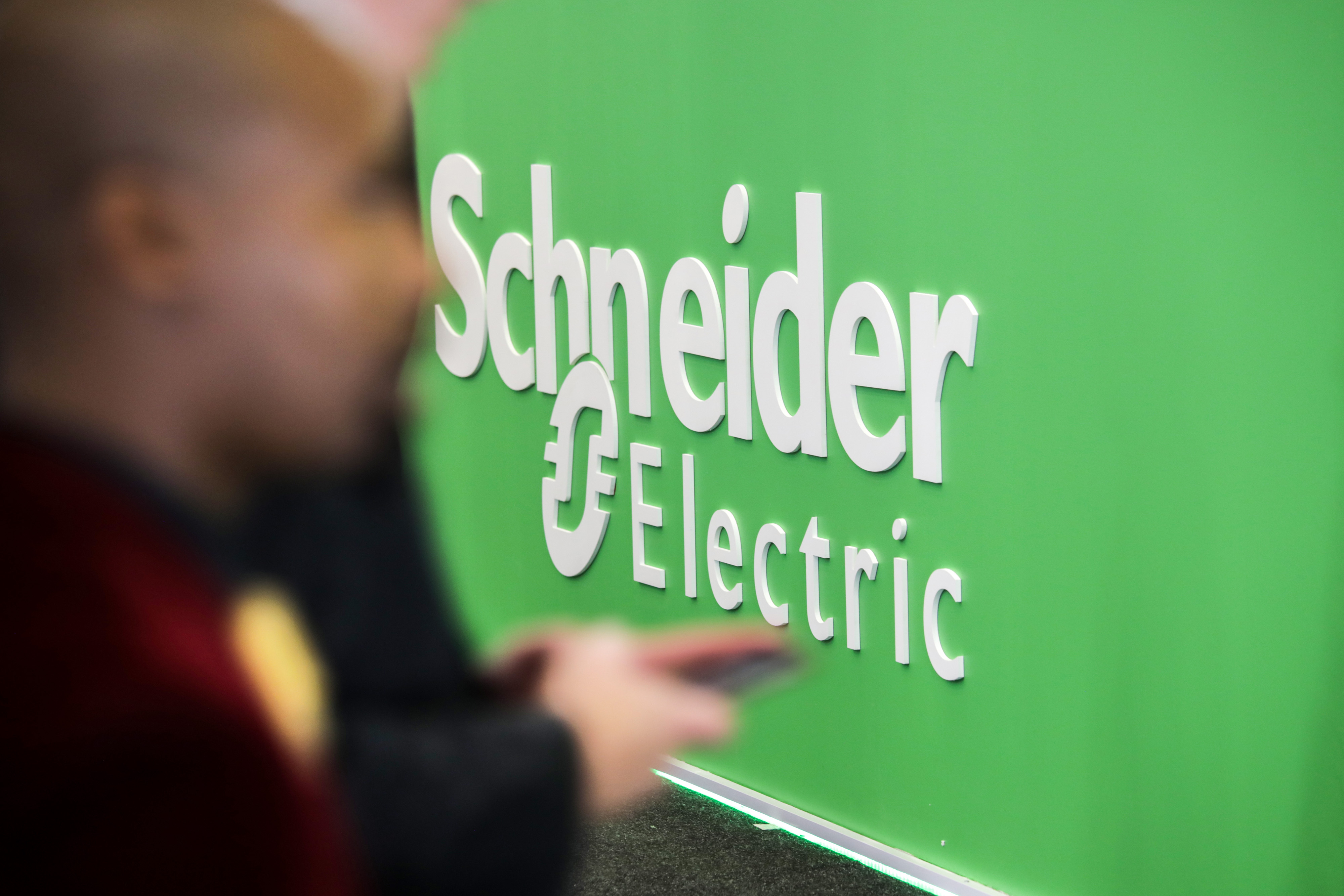 Battery technology for single phase UPS systems: VRLA vs. Li-ion
Battery technology for single phase UPS systems: VRLA vs. Li-ionWhitepaper An overview of li-ion batteries in comparison to VRLA batteries for singlephase UPS applications
-
 Serious about sustainability?
Serious about sustainability?whitepaper It’s time you looked at your data centre
-
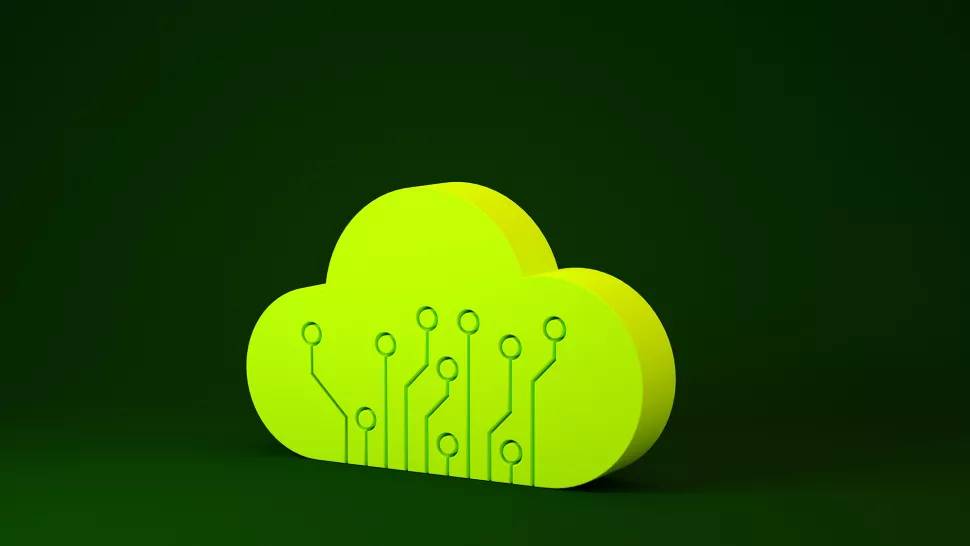 Implementing sustainable storage infrastructure
Implementing sustainable storage infrastructureWhitepaper Understand what to look for from vendors and make better storage infrastructure purchasing decisions.
-
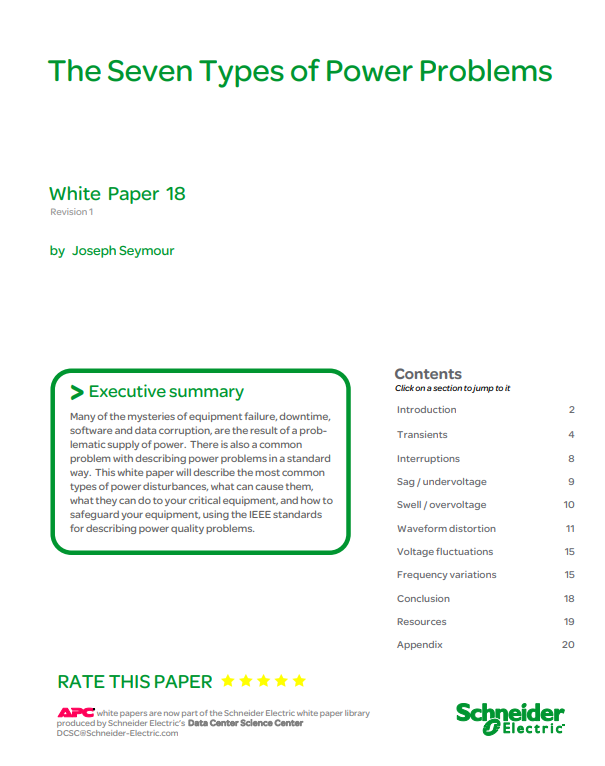 The seven types of power problems
The seven types of power problemsWhitepaper The most common types of power disturbances and how to safeguard your equipment
-
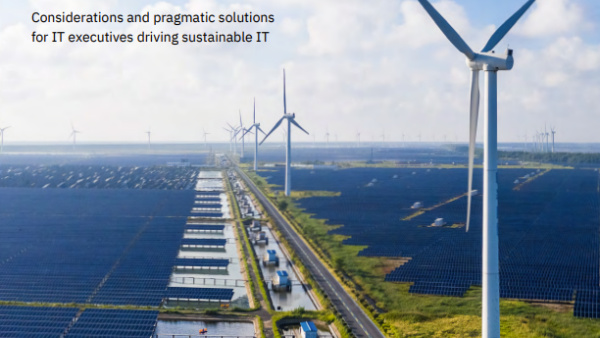 IT best practices for accelerating the journey to carbon neutrality
IT best practices for accelerating the journey to carbon neutralityWhitepaper Considerations and pragmatic solutions for IT executives driving sustainable IT
-
 Gartner predicts energy crisis will hit data centre budgets by 40% or more
Gartner predicts energy crisis will hit data centre budgets by 40% or moreNews Larger cloud providers have no intention to increase customer fees, for now

